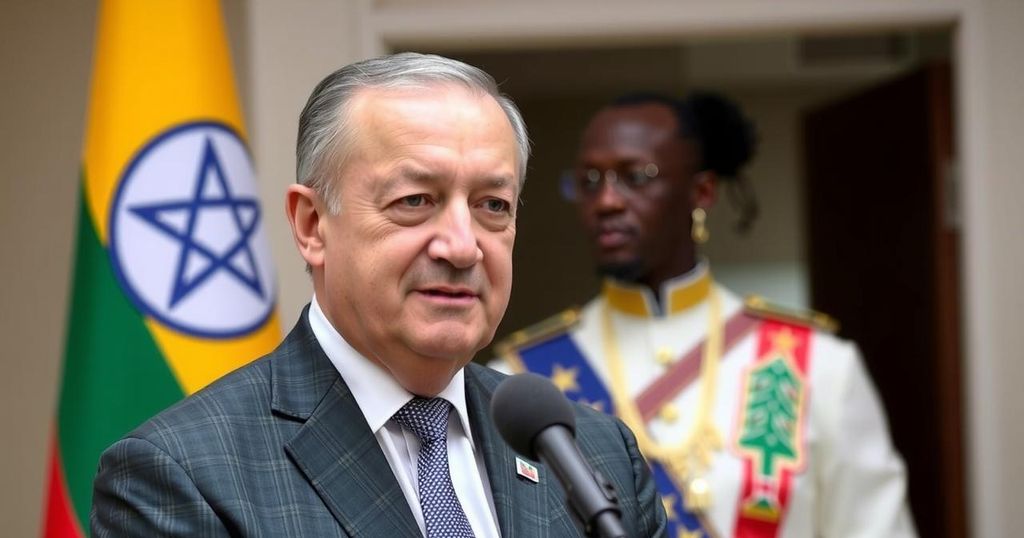US President Barack Obama’s 2012 commitment on Syrian chemical weapons marked a pivotal moment in international relations, yet subsequent inaction has resulted in unaccounted chemical stockpiles, raising grave concerns over their potential use by illicit actors. The OPCW’s ongoing investigations highlight the failures of international disarmament efforts and the dire implications for regional stability.
In August 2012, after the UN declared Syria in a state of civil war, US President Barack Obama made a significant commitment regarding the handling of Syria’s chemical weapons. While he asserted that the US was closely monitoring the situation and prepared to take action if chemical weapons were to be used, he ultimately failed to follow through with military intervention. Following a series of confirmed chemical attacks, including an event in Ghouta in August 2013 that resulted in 1,429 fatalities, including many children, the administration opted for diplomatic solutions instead. The Syrian government, under pressure, agreed to join the Chemical Weapons Convention and purportedly relinquish its weapon stockpiles.
However, experts from the Organization for the Prohibition of Chemical Weapons (OPCW) have indicated that substantial amounts of chemical agents, including more than 360 tons of mustard gas and precursor chemicals for sarin, remain unaccounted for, raising concerns about their potential acquisition by nefarious actors. Despite Syria’s accession to the convention, the nation has been accused of failing to provide complete transparency regarding its chemical arsenal. The OPCW’s ongoing investigations have identified several unresolved issues concerning the completeness of Syria’s declarations, including evidence suggesting the continued development of chemical weapons. As international scrutiny intensifies, the imperative for cooperation with OPCW inspections remains crucial for ensuring regional security.
The complex situation surrounding Syria’s chemical weapons illustrates the challenges facing international diplomacy and efforts at disarmament. The perceived reluctance of Western powers to engage militarily in Syria has perpetuated actions reinforcing a legacy of inaction that could have dire consequences for both regional stability and global security.
The article addresses the complex history of Syria’s chemical weapons, focusing on events that transpired post-2012 when the US expressed serious concerns about chemical weapon use in the country. It recounts President Obama’s initially strong stance which later transitioned to diplomatic engagement after Syria agreed to join the Chemical Weapons Convention. Despite these agreements, significant stockpiles remain unaccounted for, leading to fears about their misuse by rogue actors, as well as questions surrounding international diplomatic efforts and the effectiveness of treaties in ensuring compliance.
In conclusion, the ongoing situation regarding Syria’s chemical weapons illustrates a troubling narrative of missed opportunities for decisive action by the international community. Despite Syria’s agreement to adhere to disarmament protocols, substantial stocks of chemical agents remain unaccounted for, posing a continuous threat to both the region and global security. Continued investigations and international oversight are essential in striving for a resolution to this ongoing crisis.
Original Source: www.arabnews.com







